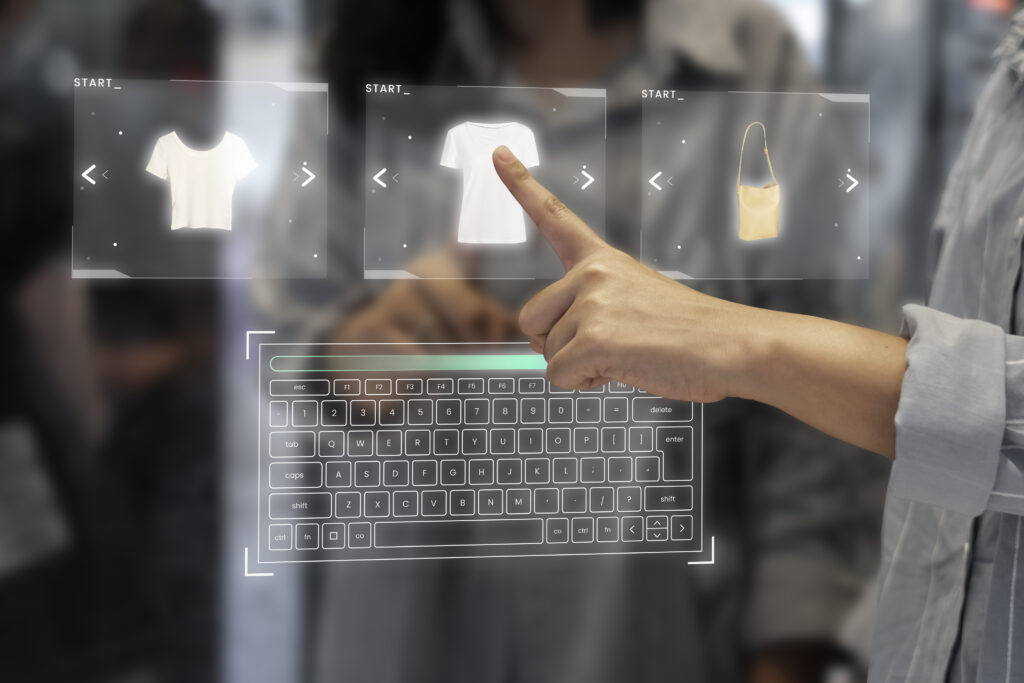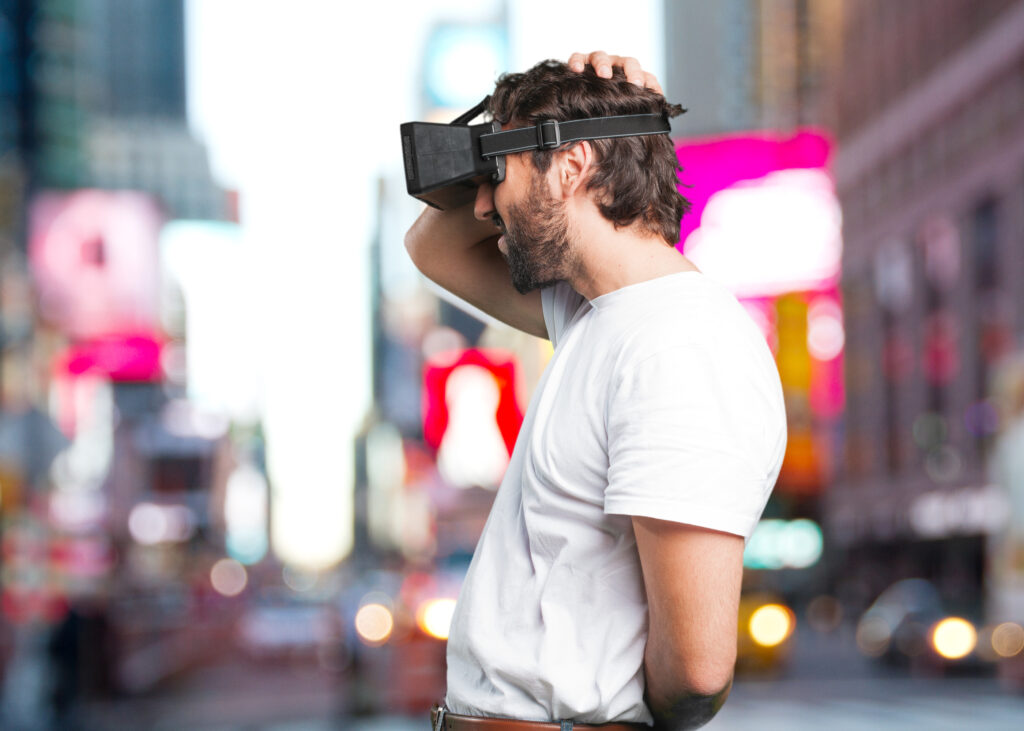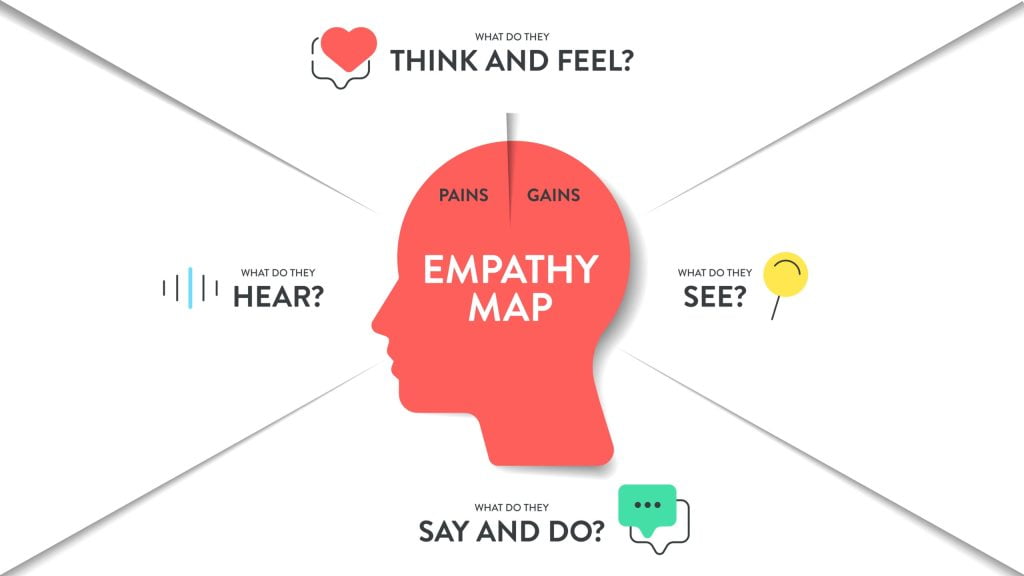How will the metaverse ensure online security?
Table of Contents:
Online security is something which concerns all of us in the modern world. Our data is stored in so many digital places and with banking, health records, and private communications all happening online, it is essential that these things remain secure. As with anything, there are those who would seek to steal this data and large-scale breaches still occur every year. As recently as February of this year, Hong Kong based Harbour Plaza Hotel Management came under cyberattack, with the data of 1.2 million customers being stolen. With the advent of the metaverse, companies are rushing to take advantage of this new technology and to provide their customers with engaging virtual experiences. But what new avenues will this open for cybercriminals? Will the metaverse be a safe place for businesses to operate in? Will it be safe for individuals? Will our data be secure in this new world? At XR Wizards, having worked in the finance and healthcare industries for some time now, we are acutely aware of the need for robust data protection. As such, we keep a close eye on current trends to anticipate future threats. To help give you some idea of the current landscape, we have investigated the state of data security in the metaverse, so read on to discover what we found.
New angles for attack
With any new technology come new security issues, and the metaverse is no different. In fact, with the enhanced capabilities offered by an innovation which allows people to inhabit a fully 3D virtual world, many new avenues could be created for hackers and other cybercriminals to exploit. So, what might some of these new avenues be?
Back when the pandemic first hit, Zoom was the first place that everyone turned to for online meetings, workshops, and lessons. Before long, people were finding that if they didn’t secure their meeting room with a password, for example, unwanted people could join. The solution was simple, and it soon became mandatory to add a password to your meeting for basic protection. However, what if somebody could sneak into your virtual meeting without your knowledge and listen in on your conversation? This is theoretically possible in the metaverse and could have serious ramifications for high-level business meetings, with metaverse companies potentially able to spy on one another. And with everybody appearing in the metaverse space as their avatar rather than themselves, the possibility for people to hack accounts and impersonate someone is also very real. How would you know that the person you are speaking to is really your colleague and not somebody simply using their avatar? All of this means that virtual meetings will need to be made fully secure for metaverse businesses to use them with confidence.
Theft will also be a potential issue in the metaverse. With digital products and even virtual real estate already being sold, what’s to stop somebody stealing these products, just like they might in the real world? In some sense, it might be easier for someone to steal your virtual house since they can do it remotely. In the same way, new vectors for identity theft will be created by our metaverse accounts. Millions of people have their identities stolen online each year, and this is only likely to continue in the metaverse. With millions of data points being collected while in the virtual world, hackers will be provided with all sorts of new ways to infiltrate our accounts. Right now, they can collect information such as names, addresses, and codes, but with the metaverse, they will also be able to gather information about our body language and behavior from the motion-tracking data in our VR goggles, giving them access to sensitive information of a completely different kind. This will allow them to impersonate people in the virtual world in an extremely convincing way, mimicking their idiosyncratic movements and expressions to get access to all sorts of other areas and information. Indeed, the nature of the metaverse means that it might be very hard for you to verify who the person you’re interacting with is as you cannot see them as they are in real life.
Another problem might be the ability for people to hack entire virtual worlds and change them in ways that might be distressing towards the user or even in ways that might subtly manipulate their beliefs and choices without them really being aware. The person might also be vulnerable to injuring themselves in the real world if they are manipulated into moving in a certain way and, for example, crashing into something. In entering an immersive 3D space as though you were walking around the real world, you will also be subjecting yourself to the possibility of more immersive attacks which will be able to affect you both physically and mentally, as though you were really in that space. For example, cyber bullying and harassment have seen people suffer serious mental problems as they cannot escape their attackers in a way that they could in the physical world. This effect will be magnified in the ultra-real surroundings of the metaverse. Needless to say, virtual worlds will have to be carefully secured to make sure that people’s brains and bodies cannot be targeted as new layers for attack.
And finally, what of our everyday privacy? Facebook has already come under fire for its sometimes frivolous use of customer data, and many people might be wondering if they can trust the company with even more sensitive information as they move to build the metaverse. Will they be responsible with our data, or will they sell it on to the highest bidder as soon as they get the chance? Of course, there will be many other companies operating in the metaverse space, and people may choose to avoid using Meta if they don’t trust them, but the issue of ordinary data privacy is something which will have to be addressed by everyone entering this space.
How cybersecurity can protect us
Now, this might all sound a bit doom and gloom, but the good news is, with ever more sophisticated cyberattacks comes ever more refined cybersecurity. So, what are some of the ways that metaverse companies will be able to protect themselves and their customers?
The first line of defense is technology, which can allow businesses to get out ahead of the hackers. Blockchain technologies are already being implemented to keep our metaverse accounts safe. So far, the main use of such technology, which involves data being encrypted and stored in a decentralized network where it cannot be found in one location, has been for bitcoin. However, this same solution can be used to protect data in the metaverse. Unfortunately, like with most things, it is not a perfect solution, and even the blockchain has suffered from hacking in recent times, meaning that the technology will have to be carefully implemented to be sure that it is safe.
Perhaps one of the simplest methods for protecting data will be the use of biometrics, which many of us are now used to using on a daily basis. Fingerprint recognition software is on most phones and apps, and facial recognition technology is available on some devices. Iris readers seem like an obvious thing to introduce on metaverse hardware, such as VR goggles, giving us a similar level of security as we have on current devices. However, as mentioned above, these biometrics could themselves be targeted by hackers, creating another level of security risk and allowing for even more sophisticated methods of identity theft.
Another line of defense is provided by governments. As the internet developed, it became clear that all sorts of new regulations would be needed to protect users’ data, but many believe that these were not implemented early enough. The authorities must act more quickly when it comes to the metaverse to ensure that the necessary laws are in place to keep people safe in this new online space. Organizations themselves must also take responsibility and establish their own guidelines and policies for keeping their customers safe. This is something that we should all be demanding from the very start.
Personal responsibility will play a big part in metaverse security
Making sure that we know where attacks could come from and how best to secure our data will give us the best chance of avoiding trouble. Prevention is the key here since the high levels of anonymity provided by online life will make it hard to catch and prosecute hackers. As a result, metaverse companies may well offer training around cybersecurity, and we may see many businesses beginning to educate their employees on how to stay safe and secure in the metaverse.
One final, very practical method which has already been introduced by Meta is the ‘personal boundary’ function. This was created in response to one user being the victim of online harassment in the metaverse space and involves an impenetrable bubble being set up around the individual which other users cannot enter. The option is automatically set to on in Horizon Worlds, Meta’s online metaverse platform, but can be turned off by the user if they are in a safe and trusted metaverse space.
So, it is clear that many metaverse companies are already considering cybersecurity solutions, and it is to be hoped that we can learn from the security issues we have already faced with the internet. XR Wizards are already doing what they can by making their Mazer platform compliant with major data privacy legislation, such as the General Data Protection Regulation. Businesses require far more sophisticated security than regular metaverse spaces, and that is also somewhere that XR Wizards excel. At Meta, for instance, the company holds your data and, as we have seen, they cannot always be trusted with it; you never know what they’re going to do with it. In contrast, the Mazer platform uses end-to-end encryption to protect all user data while also not collecting it. This ensures that your confidential information remains safe, offering the ideal package for metaverse businesses.
Ultimately, the metaverse is coming, and with its enormous potential to improve our working and private lives, it’s tremendously important that we get security right from the very beginning. One thing’s for sure, the possibilities for cyberattacks will only increase in this new world, so we should all be alive to the threats posed by hackers and other cybercriminals in order to make sure that the metaverse is a safe space for everyone.
What new security challenges does the metaverse introduce?
The metaverse, with its fully 3D virtual worlds, opens up several new security challenges that could potentially be exploited by cybercriminals. Unlike traditional online platforms, the immersive nature of the metaverse can lead to more sophisticated forms of cyberattacks. For instance, virtual meetings in the metaverse may be susceptible to eavesdropping or unauthorized access, posing risks to confidential business discussions. The risk of identity theft could also escalate, with hackers able to collect sensitive motion-tracking data from VR equipment to mimic users’ behaviors and movements accurately.
How can cybersecurity protect users and businesses in the metaverse?
Cybersecurity measures in the metaverse are evolving to counteract the unique threats posed by this new digital frontier. Blockchain technology is being explored for its potential to secure metaverse accounts through decentralized data storage, making it harder for hackers to access sensitive information. Biometric security, such as iris or facial recognition integrated into VR headsets, could offer personalized protection against unauthorized access.
What role does personal responsibility play in securing the metaverse?
Personal responsibility is a critical component in safeguarding security within the metaverse. Users need to be aware of the potential risks and adopt best practices to protect their data. This includes being cautious about the information shared in virtual environments, using strong, unique passwords, and enabling any available security features such as biometric authentication or encryption. Companies may offer cybersecurity training to help users recognize and prevent potential threats.
Unlock the future with Mazer: Your innovation partner.
Author: Rafał Siejca
Rafal has over twenty years of corporate experience, including roles at Millennium Bank, Comarch, and leading software teams at PZU, one of Europe’s largest insurance companies.As one of Poland’s few true VR experts with a decade of experience, he ensures timely, high-quality project delivery as CEO and CTO.







